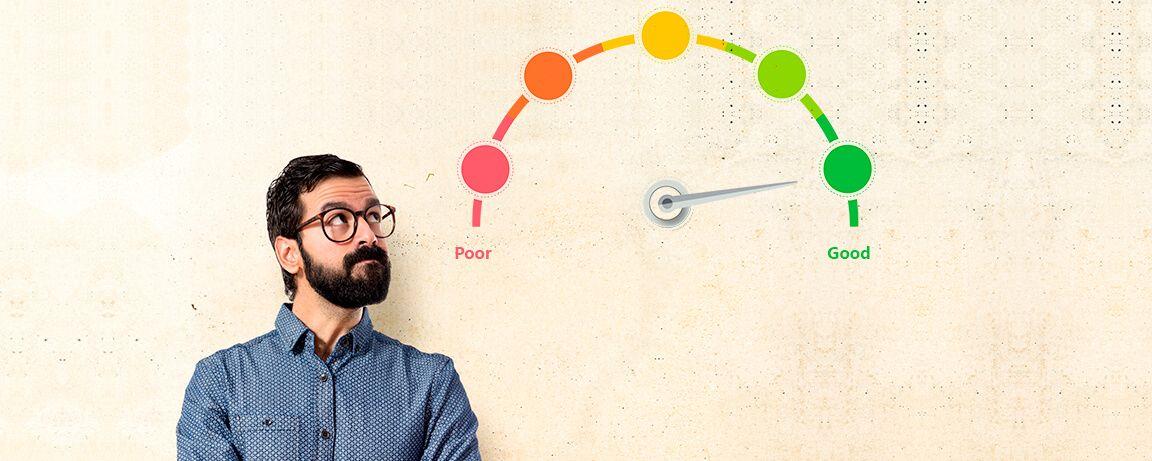What Information Does a Credit Report Hold
A credit report is one of the most essential documents that describes the financial standing of an individual. It is a summary of your credit history along with basic personal information so that all third parties accessing your credit report will have accurate information about you and your creditworthiness. When talking about your credit history, it is the information related to Credit Cards, Loans, and your other obligations.
Typically, potential creditors or banks use these credit reports generated by credit bureaus like CIBIL, Experian, and others, when deciding whether to extend you credit. Rental and insurance companies also tend to use your credit report when they are taking risk decisions with regards to you. Considering this, it is essential that you regularly check your credit report and ensure that the information it reflects is correct.
Although it is true that different credit reporting agencies follow different formats to depict the credit report, the fact remains that the credit report will more or less contain the necessary, broad information.
The information that a credit report contains is categorised into four or five sections. Each of these sections details out different aspects of information that together makes the credit report authentic.
Here is the information that each of the different sections in the credit report contains:
1. Personal Information
This section of your credit report contains basic information about you. It includes your name, present address, contact information, date of birth and other identity-specific information. There is also an account of your present and former employers. If you have moved homes, the prior address is also usually mentioned to ease reference checks.
Usually, this information gets updated through your latest financial transactions. However, if there is any discrepancy, it is advisable that you report your job change or contact information change. This information, especially with regards your present employment, is essential so that there are proper records of your current income levels. Your updated contact information is vital so that you don’t miss out on any important correspondence.
2. Credit History
This is by far the most critical information in the credit report. This section will detail out every bit of information about each Credit Card, loan or other obligation that you own along with every account that you have opened with a bank or other creditors in the past few years. If you Apply for a Credit Card or any loan, your credit report plays an essential role for the approval or rejection of your application. Banks you are applying to will consider your credit history before approving your application.
This section provides details about the date of opening and closing of accounts, credit limit available to you or your loan amounts, monthly payment history and liabilities, such as EMIs (Equated Monthly Instalments), and other such information that is crucial to ascertain your financial standing.
3. Credit Inquiries
The credit inquiries section lists information about the companies that have pulled your credit report to seek information about your credit standing. This can be about a loan that you have applied for or for any insurance policy claims. The inquiries section will list all credit inquiries made by you.
It includes voluntary inquiries, wherein you approach a creditor for a loan, and the creditor enquires about your past credit. Your credit report is also accessed by lending organisations to offer you loans.
4. Public Records
Credit reports highlight three main types of public records. These public records can have a detrimental impact on your credit standing. These public records include bankruptcies, tax lien, and civil judgment. The credit reporting agencies collect this information from different courts as well as details about overdue debts from banks. Up to 10 years of data regarding bankruptcies is available in the credit report and for other information, details up to seven years are available for creditors and lenders to check.
Personal Statement
All credit bureaus do not provide this section, but some credit reports contain a personal statement. This section provides the individual an option to offer any explanation regarding the information provided in the credit report.
Of course, this personal statement does not have an impact on the credit history or credit standing as the report indicates, but there is no harm in explaining any debts that the individuals had taken in the past or is yet to pay back.
The credit bureaus update the credit reports on a regular basis. Also, you are entitled to a free copy of your credit report so you should utilize this opportunity to check the report thoroughly and request for any changes if the need arises.
To apply online for Credit Cards, Secured Loans and Unsecured Loans, visit www.mymoneymantra.com, the leading online lending marketplace that offers financial products from 60+ Banks and NBFCs. We have served 2 million+ happy customers since 1989.

